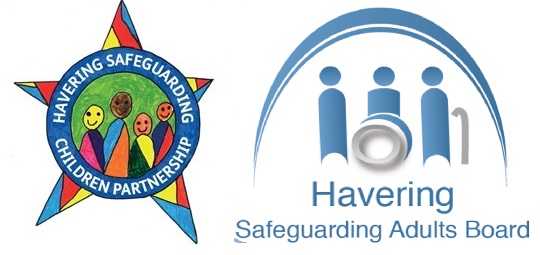Cultures & Diversity
In October 2023, our Equality and Diversity partnership statement was released in Havering, coinciding with Black History Month.
“The diversity of the people within our Community in Havering is one of our strengths –that’s our residents, workers and visitors. In Havering, our vision is to a build and support a strong, sustainable, safe and cohesive community by ensuring our policies, processes and employment are inclusive and that we are a welcoming place to live, work, study and visit. We are clear that we must be an inclusive and welcoming Community; we know we have a long way to go but we are committed to seeking to eradicate all forms of discrimination, and we hope that those who live, work and frequent this borough will give and experience respect to and from others.
“Our Community benefits hugely from the range of perspectives that come from the different backgrounds, opinions and beliefs of our residents and workers, and, in recognising that, we will put our approach to diversity and inclusion firmly at our core. We believe equality is not an optional extra.
“Our aspiration is that no one should experience less favourable treatment due to their characteristics, which are protected by law; because of their age; disability; gender identity or reassignment; marital or civil partnership status; being pregnant or recently becoming a parent; race; religion or beliefs, sex or sexual orientation.
“Local authorities in North East London are committed to working to achieve racial equality. We know that certain ethnic groups are more likely to face inequality, experience poor outcomes including disproportionate health outcomes and to live in poverty than others. Often these outcomes are used as an excuse not to acknowledge racial inequality, but groups are not more disadvantaged by chance. Structural disadvantage is rooted in racism and discrimination, that is both historical and current. We are working in partnership in Havering to try to ensure that no one lives or works at a disadvantage due to their race or any other matter”.
Not-racist v anti-racist: what’s the difference? click here to see
What does it mean to be Culturally Competent ?
Different things to different people ?
Culturally competent practice acknowledges and aims to understand the meaning of cultural identity within each individual’s and family’s lives.
As a result this requires that all organisations and professionals within them develop cultural knowledge and that the design and provision of services respond to culturally specific needs.
There is a changing demography across most towns and cities across the UK.
This can present challenges to professionals when working with children and families.
Working Together to Safeguard Children
provides the statutory framework for protecting children.
We must also remember that families from black and ethic minorities also under report cases of abuse, and ask ourselves why?
Locally the partnership is currently scoping the possibilities for training, alongside colleagues from other external agencies.
As a result it hoped that staff can begin to feel more confident in their own abilities.
Knowledge and understanding of culture and faith is critical to effective assessments of harm through neglect and/or abuse.
However, “culture and faith should not be used as an excuse to abuse and must never take precedence over children’s rights”
What does it mean to be Culturally Competent ?
Different things to different people ?
Culturally competent practice acknowledges and aims to understand the meaning of cultural identity within each individual’s and family’s lives.
As a result this requires that all organisations and professionals within them develop cultural knowledge and that the design and provision of services respond to culturally specific needs.
There is a changing demography across most towns and cities across the UK.
This can present challenges to professionals when working with adults and their families.
We must also remember that families from black and ethic minorities also under report cases of abuse, and ask ourselves why?
Locally the partnership is currently scoping the possibilities for training, alongside colleagues from other external agencies.
As a result it hoped that staff can begin to feel more confident in their own abilities.
Knowledge and understanding of culture and faith is critical to effective assessments of harm through neglect and/or abuse.
However, “culture and faith should not be used as an excuse to abuse and must never take precedence over people’s rights”
Supporting refugees with their mental health Here

